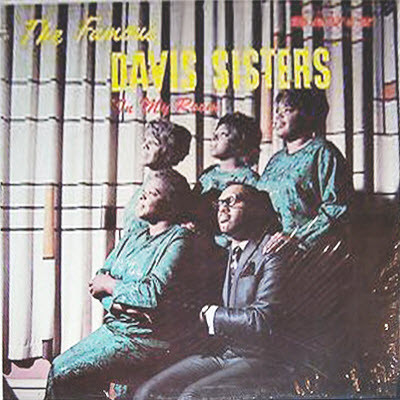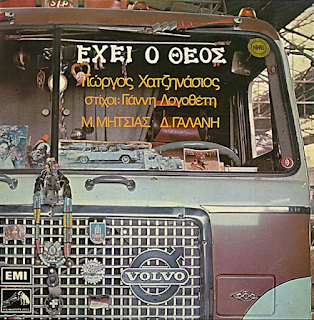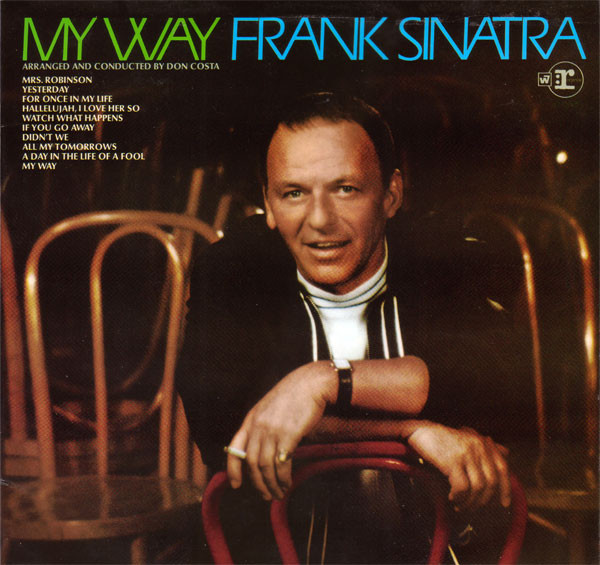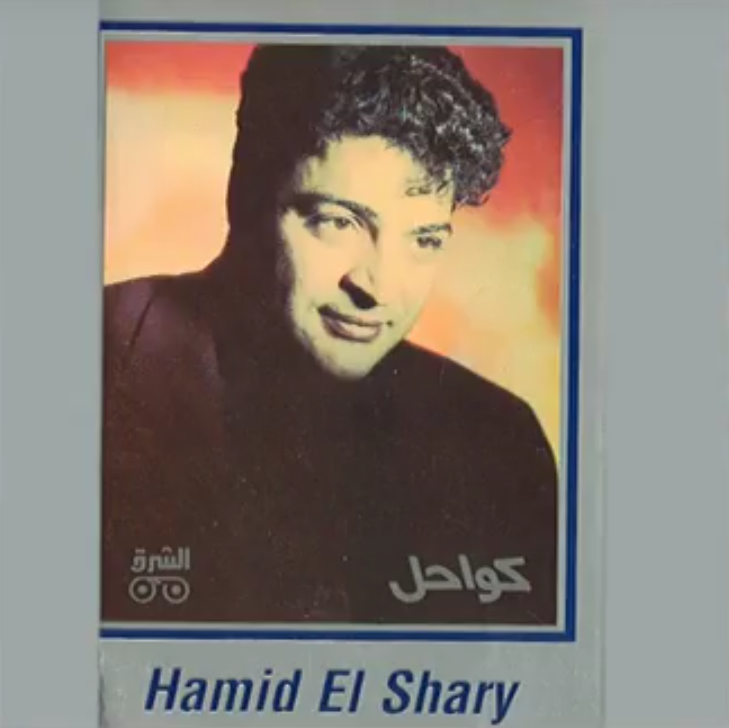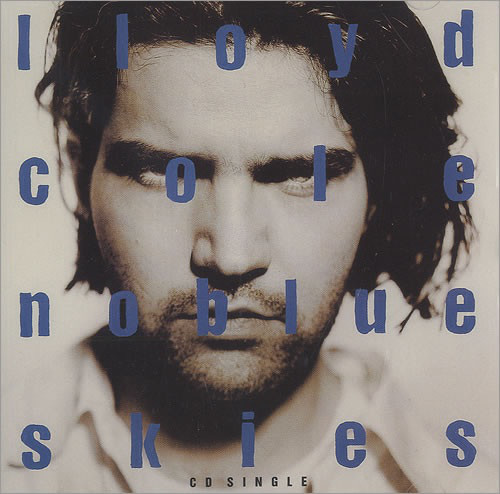
“My Head Is a Drum” (1984) – What Is This * Written by Hillel Slovak and Michael Tempo * EP: Squeezed * Produced by David Jerden * Label: San Andreas/MCA
The same wind blowing down LA’s Melrose Avenue that turned up the Red Hot Chili Peppers and Burning Sensations, among others, brought forth the band What Is This. Their debut EP, though, has never been reissued and preserves the cool aura of fidgety, early eighties indie rock. Its two standout songs—”My Mind Have Still I” and “My Head Is a Drum”—both addressed cranial matters and were the brain children of guitarist Hillel Slovak, who’d later gain a higher profile with the Chili Peppers but would succumb to a heroin addiction in 1988. Of those two songs, “My Head Is a Drum” transforms What Is This’s herky-jerky sound into more of a Carribean rhythmic joyride that seems like appropriate output from a beach town like theirs. Alain Johannes (vocals) and Jack Irons (drums) would both pursue active decades-long music careers.



